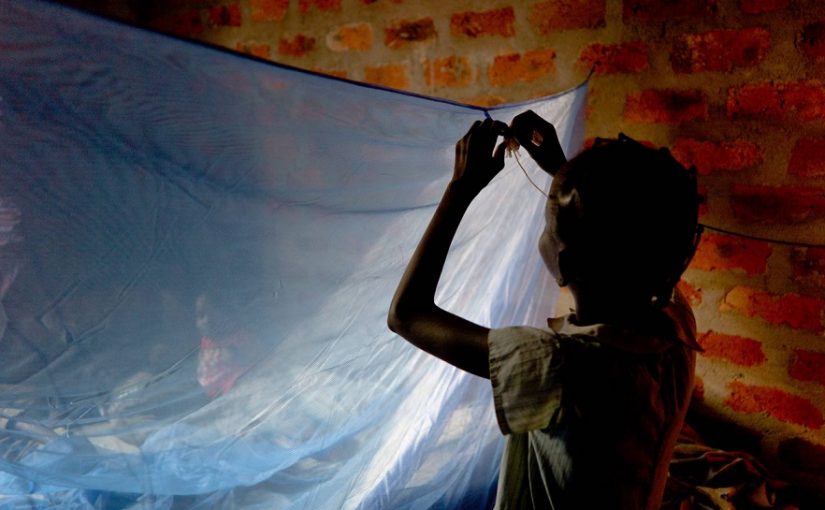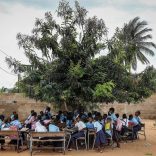Mozambique: Displacements due to NSAG attacks - Situation Report #2 – Chiúre, Cabo Delgado, As ...
Fall in malaria cases and deaths reported – Mozambique

File photo: Unicef
There were about six million cases of malaria notified in Mozambique between 1 January and 30 September this year, and 803 of these people died, according to the latest statistics from the Ministry of Health.
This compares with 903 malaria deaths in the same period of 2017, which is a reduction of almost 17 per cent.
According to Ministry spokesperson Lidia Chongo, giving information on the epidemiological situation at the start of the 2018-2019 rainy season, the exact number of notified malaria cases was 6,225,957 in the first nine months of 2017, and 6,062,408 in the same period of 2018 – a decline of 2.6 per cent.
As for cholera, so far in this rainy season (which began on 1 October) no cases at all have been diagnosed. In the 2017-18 rainy season, there were 810 cholera cases, mostly in the northern provinces of Cabo Delgado and Nampula. Omly four cholera deaths were notified.
“So far the country has no cases of cholera”, said Chongo, “and activities are under way to prepare our response to a possible outbreak, including sending alerts to the provinces, and training rapid response teams”.
As for other diarrhoeal diseases, 476,666 cases were recorded in the first nine months of the year, compared with 531,893 cases in the same period of 2017. The known death toll from diarrhoea in these two periods fell from 182 to 124. There was thus a reduction in cases of diarrhoea of 11 per cent, and in deaths of 32 per cent.
Chongo urged society in general to redouble its efforts to prevent water-borne disease and to respect the recommendations given by health workers.
“The rainy season runs from October to March”, she said, “and during this period there is a greater risk of diseases such as diarrhoea and malaria, as well as of high blood pressure”.
The Ministry, she added, recommends increased measures to prevent such diseases, including drinking plenty of liquids to avoid dehydration, reduced consumption of salt, and washing one’s hands with soap or ashes before and after meals.












Leave a Reply
Be the First to Comment!
You must be logged in to post a comment.
You must be logged in to post a comment.